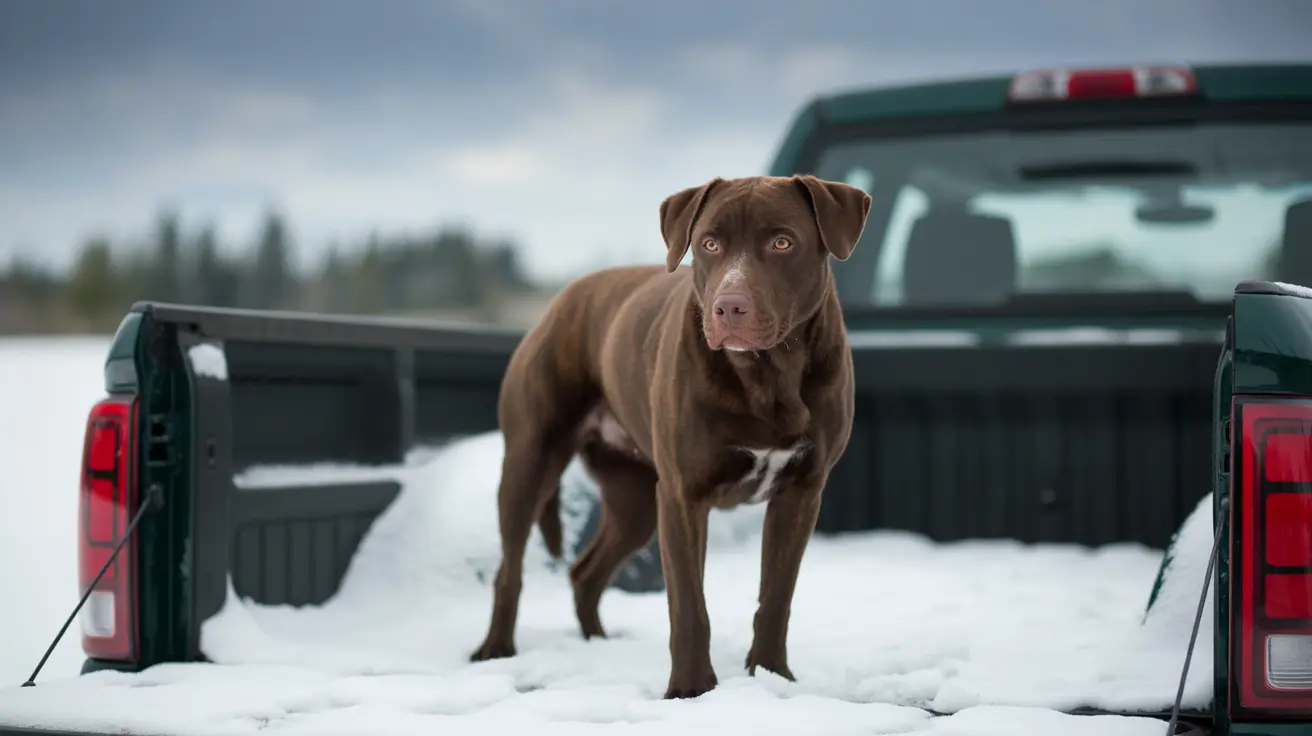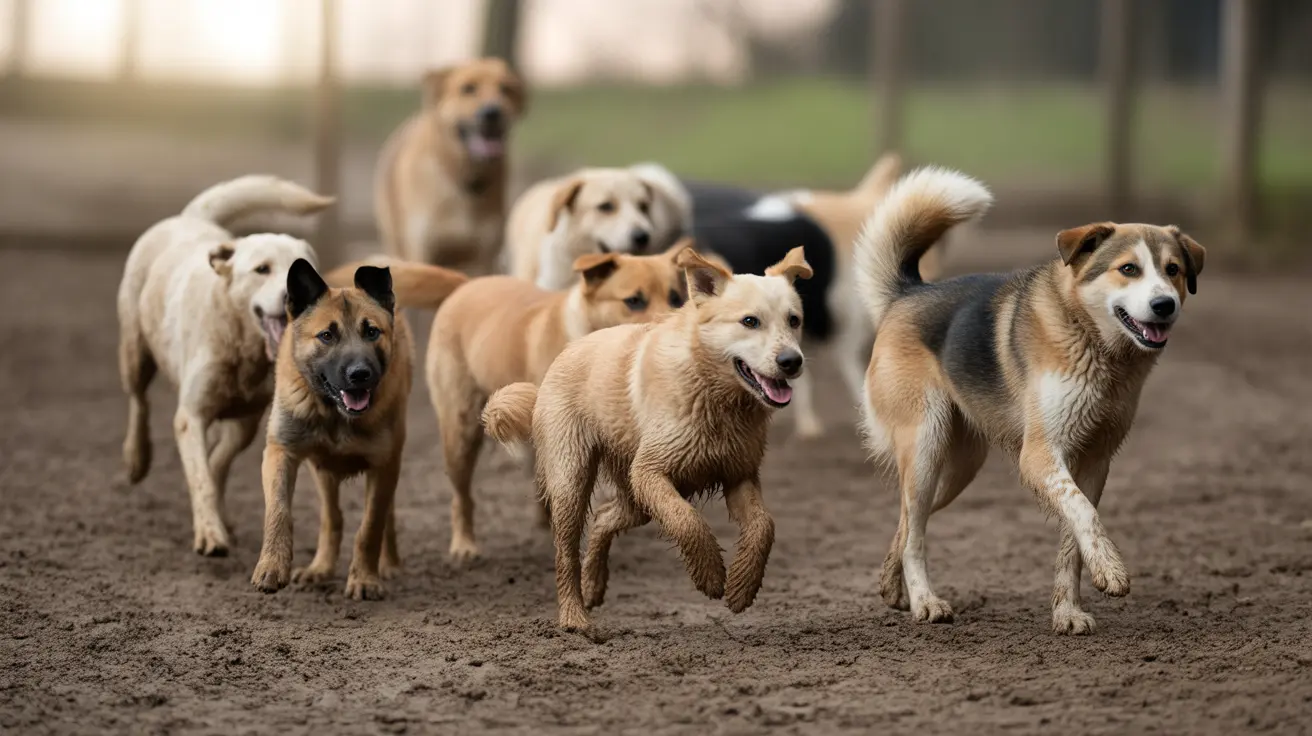Nutritional Benefits of Scallops for Dogs
Scallops are packed with essential nutrients that can contribute to your dog's overall health and wellness:
High-Quality Protein Source
Scallops are an excellent source of lean protein, which is crucial for maintaining your dog's muscle mass, supporting tissue repair, and promoting overall growth. The protein in scallops is highly digestible, making it an efficient source of this essential nutrient.
Rich in Omega-3 Fatty Acids
These shellfish contain beneficial omega-3 fatty acids that can help reduce inflammation throughout your dog's body, promote better skin health, and contribute to a shinier coat. Regular consumption of omega-3s may also support cognitive function in dogs.
Essential Vitamins and Minerals
Scallops provide important nutrients including magnesium, potassium, and phosphorus. These minerals play vital roles in nerve function, heart health, and maintaining strong bones. They're also a good source of B12, which supports metabolic health.
Safe Preparation of Scallops for Dogs
Cooking Methods
Always serve scallops fully cooked to your dog. The safest preparation methods include:
- Steaming
- Boiling
- Baking (without oil or seasonings)
Important Preparation Guidelines
Follow these essential rules when preparing scallops for your dog:
- Never serve raw scallops
- Avoid all seasonings, including salt
- Don't use butter, oils, or cooking fats
- Remove any tough muscle attachments
- Cut large scallops into smaller, manageable pieces
Potential Risks and Considerations
Allergic Reactions
Some dogs may be allergic to shellfish, including scallops. When introducing scallops for the first time, start with a tiny amount and watch for signs of allergic reactions such as:
- Itching or scratching
- Skin redness
- Digestive upset
- Swelling around the face
Portion Control
While nutritious, scallops should only make up a small portion of your dog's diet. Treat them as an occasional reward rather than a regular meal component. A good rule of thumb is to limit scallops to no more than 10% of your dog's daily caloric intake.
Frequently Asked Questions
Can dogs safely eat scallops, and are they nutritious for my pet?
Yes, dogs can safely eat scallops when they're properly cooked. They're nutritious, providing protein, omega-3 fatty acids, and essential minerals that support your dog's health.
How should I prepare scallops before feeding them to my dog?
Always cook scallops thoroughly without any seasonings, oils, or butter. Steam, boil, or bake them plain, and cut them into appropriate-sized pieces for your dog's size.
What are the potential health benefits of feeding scallops to dogs?
Scallops can boost immune function, improve skin and coat health, support muscle development, and provide anti-inflammatory benefits through their omega-3 content.
Could scallops cause allergies or digestive problems in dogs?
Yes, some dogs may be allergic to shellfish or experience digestive issues. Always introduce scallops gradually and monitor your dog for any adverse reactions.
How often and in what amount can I give scallops to my dog as a treat?
Scallops should be given as an occasional treat, not exceeding 10% of your dog's daily caloric intake. For most dogs, this means no more than 1-2 small scallops once or twice a week.
Remember to always consult with your veterinarian before making any significant changes to your dog's diet, especially if your pet has existing health conditions or dietary restrictions.






